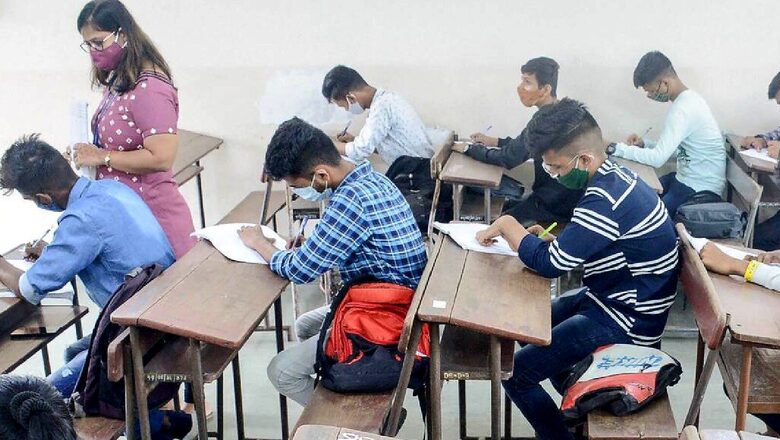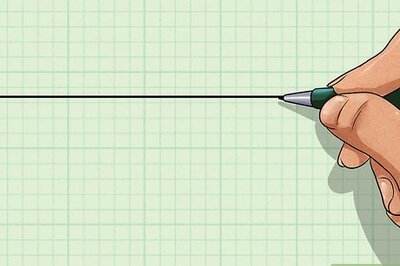
views
The Consortium of National Law Universities (NLUs) has issued guidelines for candidates appearing in the Common Law Admission Test (CLAT) 2023. The national-level law entrance test is slated to take place on December 18. The comprehensive CLAT 2023 test day guidelines, consisting of all information including bell timings, guidelines for conduct, and scoring system, must be reviewed by every candidate.
CLAT 2023 Exam Reporting Time
Candidates may enter the CLAT exam centre beginning at 1 p.m. They must be seated in their assigned seats by 1:30 p.m. Candidates who arrive after 2:15 p.m. will not be able to take the CLAT 2023. After entering the CLAT exam hall, candidates are not authorised to leave before 4 p.m.
Candidates who arrive after 2 to 2:15 pm will not be given additional time to complete the question paper. Candidates should notify their Invigilators of any medical difficulties before beginning the test.
Also read| CLAT 2023: Last-minute Strategies to Score High Marks in GK and Legal Reasoning
CLAT 2023: Documents required
Candidates must bring all of the required documents, as well as one valid identity card, to the CLAT admission exam in 2023. Admit cards for CLAT 2023 have already been made available to the candidates at the official website at consortiumofnlus.ac.in.
Here is the list of documents and items that the candidate is allowed to take into the exam hall:
— Admit Card for CLAT 2023
— Any of the following government picture IDs: PAN card, driving licence, voter ID, passport, or Aadhaar card (original, valid, and not expired)
— Blue/black ballpoint pen
— Original PwD certificate (if applicable)
— One passport-sized image
— Water bottle (transparent)
— Mask and hand sanitiser
— Analogue watch
There will be 150 questions in the CLAT UG 2023 paper. Each correct response earns one mark. Each incorrect answer results in a 0.25-point reduction. No deduction will be made for unanswered questions. CLAT is administered for admission to five-year integrated LLB (UG) and one-year LLM (PG) programmes provided by 24 participating NLUs. Currently, all 24 NLUs provide UG programmes, while 20 NLUs offer PG courses.
Read all the Latest Education News here




















Comments
0 comment